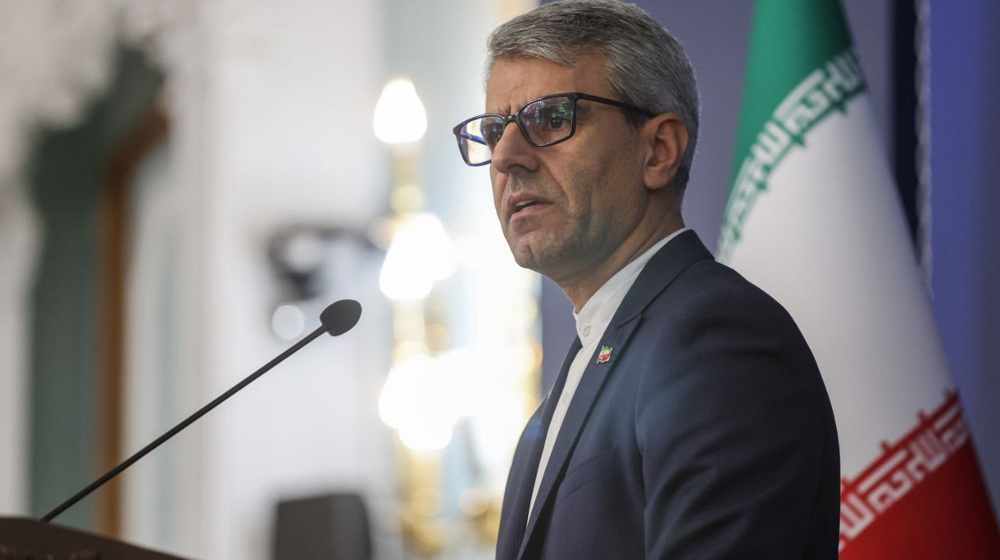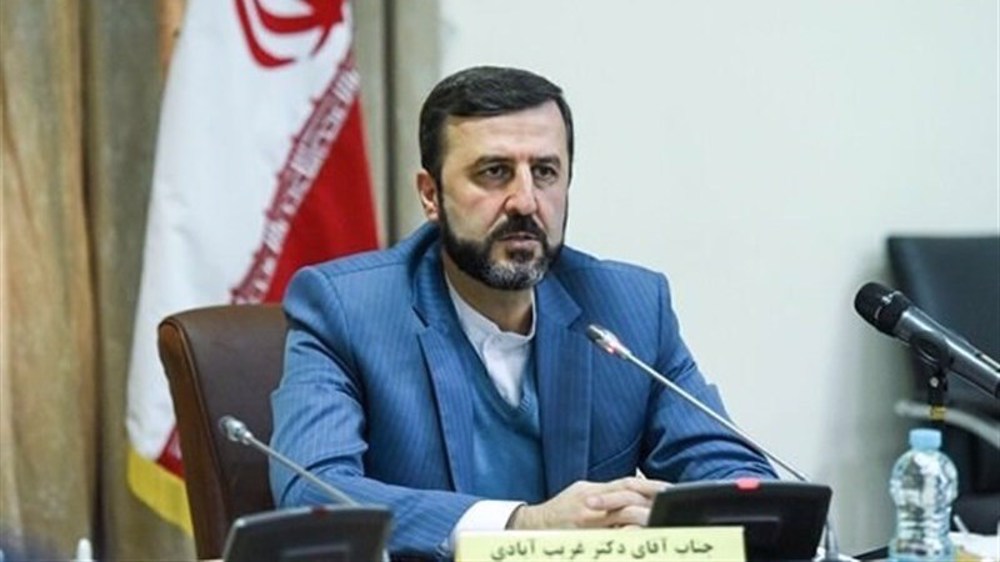IAEA not authorized to inspect Iran’s military sites: Russia
A senior Russian diplomat has criticized certain countries’ calls for the expansion of the International Atomic Energy Agency’s inspections to include Iranian military sites, saying the IAEA has no authority to carry out such inspection.
“I would like to say absolutely clear and directly that acquiring some false topicality [about] the theme of the IAEA work on Section T of the Joint Comprehensive Plan of Action (the 2015 nuclear deal, known as the JCPOA) over the Iran nuclear program has no topicality for us although it is a talking point now,” Russian Deputy Foreign Minister Sergei Ryabkov told TASS on Saturday.
Section T of the JCPOA bans any development activity by Iran on nuclear weapons technology and restricts dual-use items that could be used to research warhead design. Iran has repeatedly said that it does not possess or seek nuclear arms.
The high-ranking Russian diplomat said IAEA could not be tasked with carrying out inspections of Iran’s military sites, “because Section T highlights the issues of the agency’s competence."
However, he added that some P5+1 parties prefer to “call black white and vice versa...We cannot get them to understand this evident logic and obvious truth.”
“Since they are insisting, we say if you cannot do without discussions on the theme, it should be raised at the [Iran-P5+1] Joint Commission when the next session is convened," Ryabkov noted.
The Russian deputy foreign minister expressed his country’s readiness to discuss the issue with other signatories to the JCPOA and announce Moscow’s stance.
Iran and the five permanent members of the United Nations Security Council – the United States, France, Britain, Russia and China – plus Germany signed the nuclear agreement on July 14, 2015 and started implementing it on January 16, 2016.
Under the JCPOA, Iran undertook to put limitations on its nuclear program in exchange for the removal of nuclear-related sanctions imposed against Tehran.
The JCPOA is regarded as the most significant diplomatic success for the 28-nation bloc in several decades.
Speaking at an international nonproliferation conference in Moscow on Friday, Russian Foreign Minister Sergei Lavrov rejected the need for further inspection of Iran’s nuclear sites beyond the JCPOA requirements, noting that the IAEA “performs regular checks and confirms their [Iran’s] strict fulfillment of obligations.”
US President Donald Trump delivered an anti-Iran speech on October 13, in which he said he would not be certifying Iran’s compliance with the terms of the JCPOA under a domestic American law.
While Trump did not pull Washington out of the JCPOA, he gave the US Congress 60 days to decide whether to reimpose economic sanctions against Tehran that were lifted under the pact. Reimposing sanctions would put the US at odds with other signatories to the accord and the European Union.
The US president insists that the nuclear deal should be renegotiated, or else it may face the prospect of total collapse.
This is while all other signatories, including Britain, France, Germany, Russia and China have stressed their full commitment to the JCPOA.
Iran has vehemently rejected the possibility of renegotiation, warning that any hostile action against the JCPOA will jeopardize regional and global peace and security.
VIDEO | The Venezuela Operation
Cuba condemns 'hostile' US rhetoric, pledges to defend sovereignty
Key Mossad operative executed over transfer of sensitive Iran info
Israeli presence a ‘legitimate target’ as minister visits Somaliland: Yemen
VIDEO | Assassination of two key figures in fight against US-backed Daesh
VIDEO | Press TV's news headlines
VIDEO | Gaza hospitals without life-saving devices amid Israeli restrictions
VIDEO | Austrian FM says ‘EU too weak to uphold international law’











 This makes it easy to access the Press TV website
This makes it easy to access the Press TV website